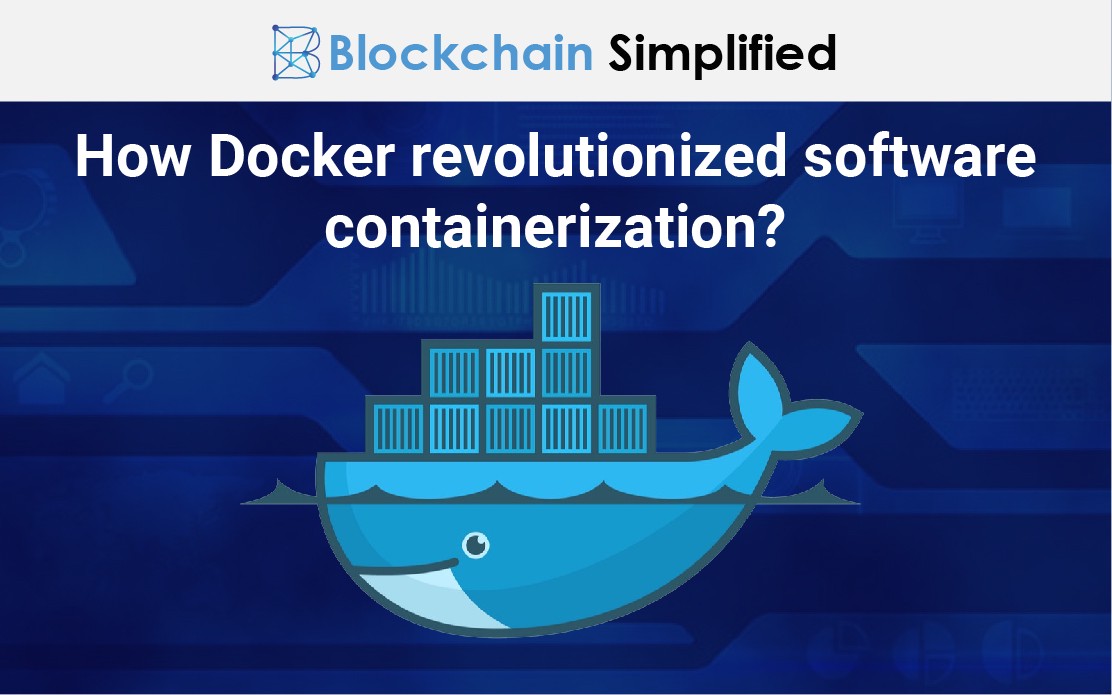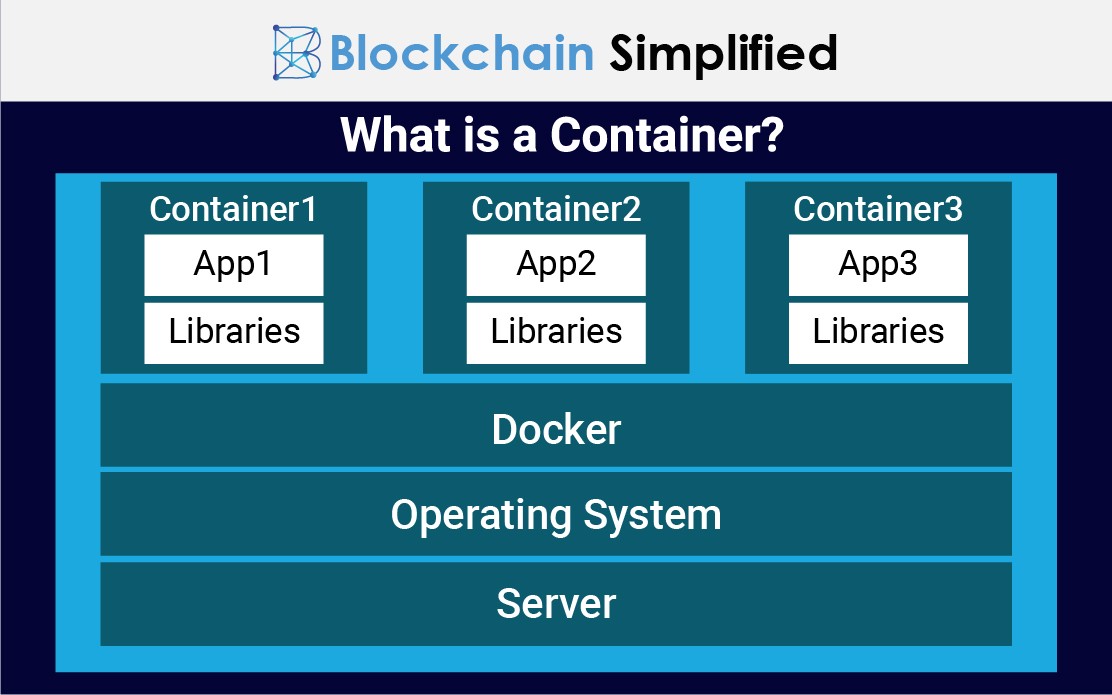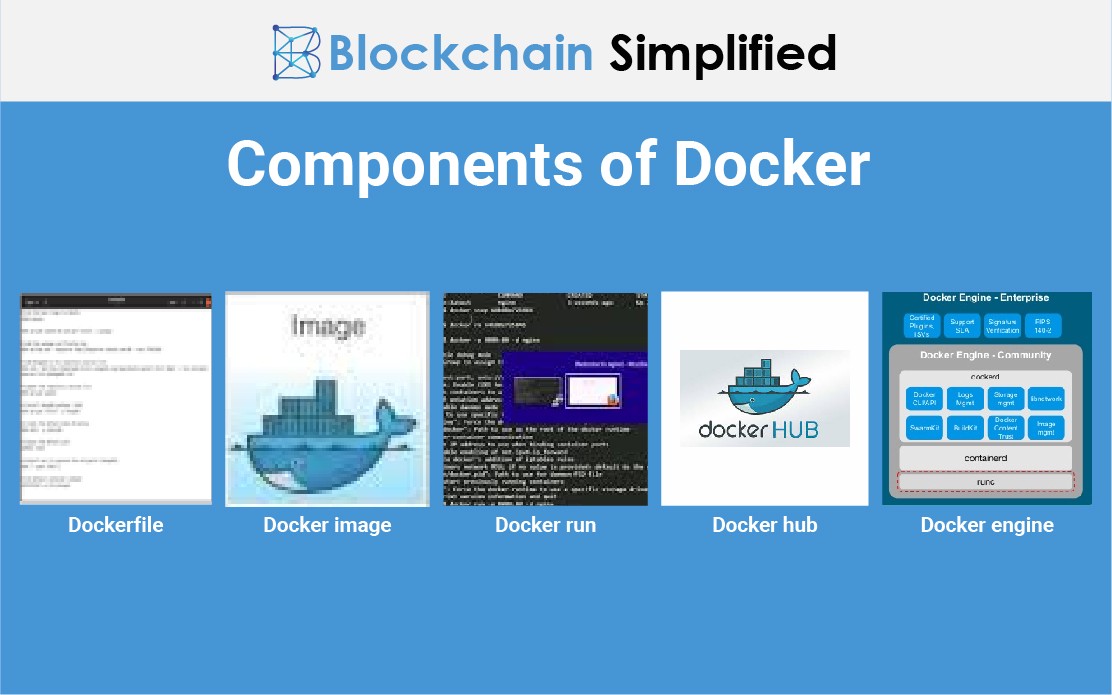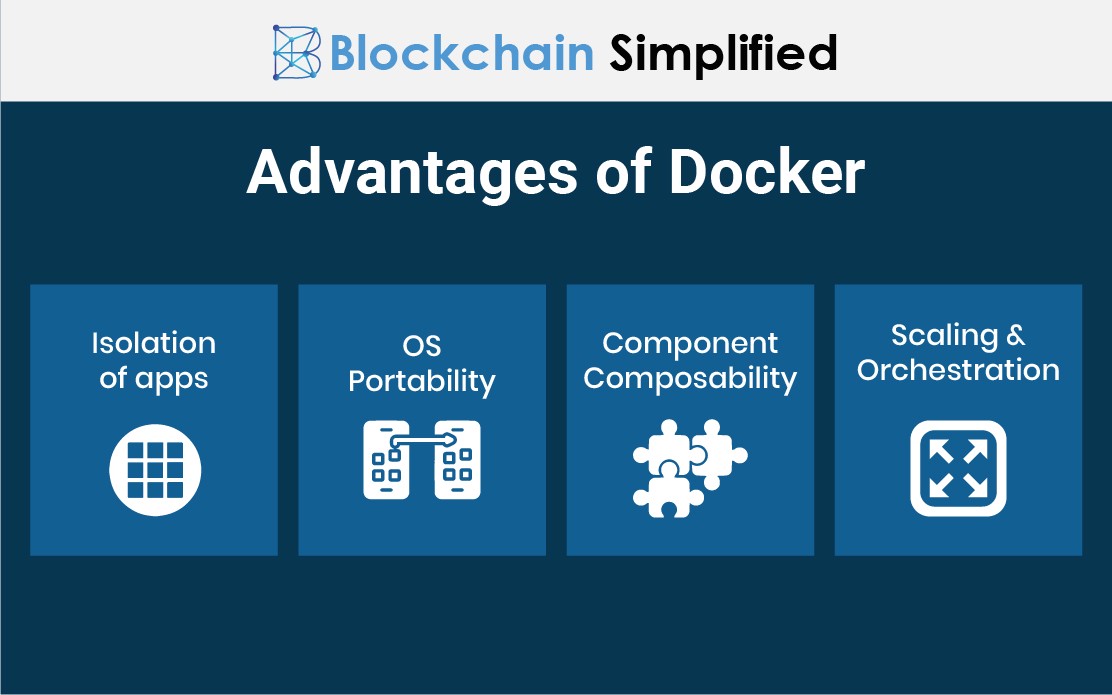How Docker revolutionized software containerization?

One of the revolutionary concepts that came into the software markets was software containerization. Containers are execution environments that enable apps to run in isolation from one another. The Docker project amplified the use of this technology and thus started a revolution of sorts with Docker containers simplifying application development, testing, and deployment.
In this blog let us learn more about Docker containers, its components and the various advantages of Docker.
What are containers?

As we know, there can be multiple applications running on a system. While execution, these applications can interfere in each other’s operations which is a risky affair. It is imperative that applications remain isolated from each other even while remaining on the same cluster. This problem can be solved by hosting these applications on virtual machines which enable applications to execute with minimum interference. But handling multiple virtual machines and their bulky infrastructure is a cost overhead.
Thus came into picture the concept of containers. Containers, on the same OS kernel, isolate multiple applications from each other. They do not have heavy duty infrastructure costs associated and execute almost instantaneously. Containers also are very efficient when it comes to composing multiple components of a software and maintaining and upgrading them from time to time.
(Visit us at https://blockchainsimplified.com to hire blockchain developers. We are an offshore blockchain development company based out of Pune, India)
What is Docker?

The Docker project was launched to provide a platform to create container-based applications. There are some components of Docker containers which we will discuss below that will make us understand the working of the Docker system.
Dockerfile
The Dockerfile contains all the instructions for the execution environment to run the application, from variables to file locations, from languages to specific components. It has detailed information on how to execute the application. The Dockerfile is responsible for giving instructions to the Docker build to create the Docker image. Here is an example of how a Dockerfile looks like.
Docker image
The Docker build uses the Dockerfile instructions to create the Docker image. This image consists of specifications of how and which software components will run. Look at an example of a Docker image here.
Docker run
The most important component of the Docker that actually invokes the container to run. This utility runs every instance of the container image, sometimes one sometimes multiple. Multiple instances can be executed simultaneously. Container instances can be started, paused, stopped etc. Go through this Docker documentation to see how the run utility is executed.
Docker Hub
If you want to use already created useful containers by the public from the Docker Hub. Docker Hub makes your life easy by providing a huge repository of containers generated from open source projects or by users who have uploaded them in the hub and made them public. It also allows you to create your own container and upload and choose to make it private or public.
Docker Engine
The backbone of the Docker containers is the Docker Engine. It is this engine that actually creates and executes the containers. This is the component that connects the client-server of the application.
(https://blockchainsimplified.com is a top offshore blockchain development company in Pune, India.)
Advantages of Docker

Isolation of apps
But obviously, the most important advantage of the Docker container is that it keeps apps isolated from each other and from the system. This helps in building an organized stack and also makes optimal use of resources like memory, CPU, I/O etc.
OS Portability
Docker containers are compatible with all platforms and do not require anr particular OS or the host OS to execute. Apps developed using Docker containers can be migrated easily from one system to another or to the cloud like AWS or Azure, the only requisite being that the other system supports Docker.
The Docker images for various OS can be packed into a Docker Manifest file that allows the execution of containers on cross platforms as well.
Component Composability
The microservices model of the Docker container facilitates the composition of multiple components into a single unit with each piece being represented by a different container. Thus, it is easier to maintain, modify, update these parts independently when need be.
Scaling & Orchestration
Docker containers can also be modified to implement scaling in any application when there is a sudden increase in demand. Containers are lightweight and hence can be added when there is a requirement. Kubernetes is a classic example of a tool that is used in event of scaled up applications that require automation of deployment, load balancing etc.
Docker is the defacto choice for containerization
Due to its salient features and easy implementation, Docker containers are the first choice when it comes to using containers. Since it was first launched on Linux, even the Hyperledger Fabric blockchain implements the Docker containers to run smart contracts on its network.
About Blockchain Simplified
Blockchain Simplified is a Top blockchain development company in Pune - India which works on all major Blockchain requirements. We specialise in Blockchain, Web and Mobile development (One Stop Shop for all technology development needs).
Our clientele includes Multiple Funded Start - Ups, SMBs and few MNCs few of which are NASDAQ and NSE listed.
Some of our work includes,
Blockchain based-
hubrisone.com - is a Live app with 100,000+ downloads, All-in-One Cryptocurrency current account. The entire development from scratch carried out by Blockchain Simplified.
All in one Platform - Complete responsibility of entire software development of the platform ,for a $1m funded blockchain start up, led by a team of serial entrepreneurs and tech veterans in Silicon Valley.
Well funded Blockchain startup - Blockchain Simplified helped a $6m funded American Blockchain startup to build the first blockchain protocol to leverage on-chain smart contracts to manage distributed storage of application data off-chain.
Multinational Bank - The company helped one of the top 3 ranking Multinational Banks to integrate various cryptocurrencies into their banking application.
and more…
Non-Blockchain-
SHC - Built entire platform and app from scratch for a $1m funded startup led by a team of Americans including PhD degree holders.
VMW - Developed app for a multi-national company providing mass factory-to-factory shipment services. App is being used by 53 of the Fortune 500 companies such as John Deere, Coca-Cola, Nissan.
and more…
Expertise
Blockchain Development : Bitcoin, Ethereum, Hyperledger, Corda, and more.
Mobile App Development : Android Native, iOS Native, React Native, Flutter, Xamarin.
UI/UX Design : Strategy, Planning, UI/UX Design, Wireframing, Visual Designs.
Web App Development : Node.JS, Angular, React.JS, PHP.
Backend Development : MongoDB, MySQL, AWS, Firebase.
Visit our official website https://blockchainsimplified.com/ for more information.